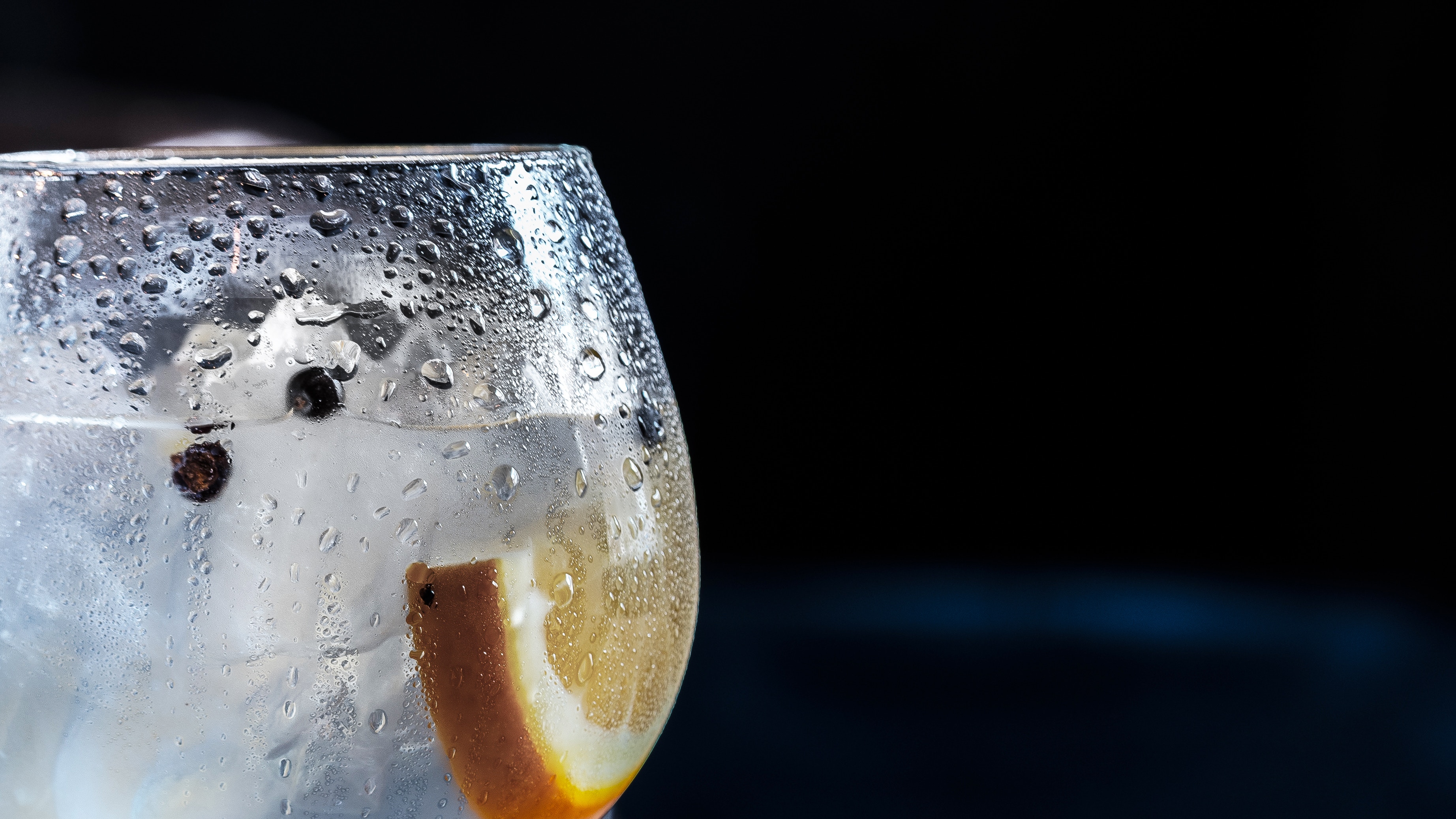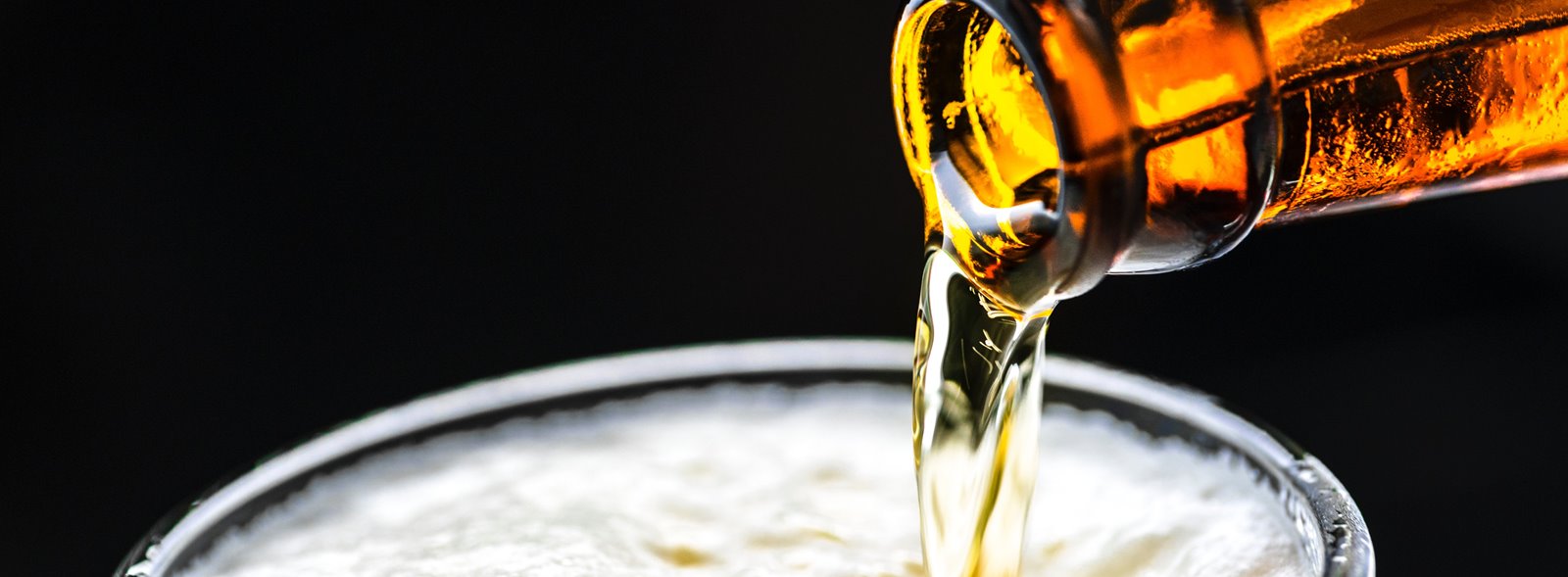The dangers of alcohol
Many drinking problems start when people use alcohol to self-soothe and relieve stress.
Many of my clients who come to me to lose weight drink far too much alcohol, and once they cut down, guess what ….the weight drops off. How many of you are drinking alcohol as a way to relax or de-stress?
Many drinking problems start when people use alcohol to self-soothe and relieve stress. Drinking after every stressful day, for example, or reaching for a bottle every night?
Not all alcohol abusers become full-blown alcoholics, but it is a big risk factor. Sometimes alcoholism develops suddenly in response to a stressful change, such as a breakup, retirement, or another loss. Other times, it gradually creeps up on you as your tolerance to alcohol increases. If you’re a binge drinker or you drink every day, the risks of developing alcoholism are greater.
Alcoholism is the most severe form of problem drinking. Alcoholism involves all the symptoms of alcohol abuse, but it also involves another element: physical dependence on alcohol. If you rely on alcohol to function or feel physically compelled to drink, you’re an alcoholic.

Do you have to drink a lot more than you used to in order to get buzzed or to feel relaxed?
Can you drink more than other people without getting drunk? These are signs of tolerance, which can be an early warning sign of alcoholism.
Tolerance means that, over time, you need more and more alcohol to feel the same effects.
Do you need a drink to steady the shakes in the morning? Drinking to relieve or avoid withdrawal symptoms is a sign of alcoholism and a huge red flag. When you drink heavily, your body gets used to the alcohol and experiences withdrawal symptoms if it’s taken away.
These include:
- Anxiety or jumpiness
- Depression
- Shakiness or trembling
- Sweating
- Irritability
- Insomnia
- Fatigue
Other signs and symptoms of alcoholism (alcohol dependence)
- You’ve lost control over your drinking. You often drink more alcohol than you wanted to, for longer than you intended, or despite telling yourself you wouldn’t.
- You want to quit drinking, but you can’t. You have a persistent desire to cut down or stop your alcohol use, but your efforts to quit have been unsuccessful.
- You have given up other activities because of alcohol. You’re spending less time on activities that used to be important to you (hanging out with family and friends, going to the gym, pursuing your hobbies) because of your alcohol use.
- Alcohol takes up a great deal of your energy and focus. You spend a lot of time drinking, thinking about it, or recovering from its effects. You have few if any interests or social involvements that don’t revolve around drinking.
If you find yourself rationalizing your drinking habits, lying about them, or refusing to discuss the subject, take a moment to consider why you’re so defensive. If you truly believe you don’t have a problem, there should be no reason for you to cover up your drinking or make excuses.
Do you have any of these myths about alcoholism and alcohol abuse?
- I can stop drinking anytime I want to.
- My drinking is my problem. I’m the one it hurts, so no one has the right to tell me to stop.
- I don’t drink every day, so I can’t be an alcoholic OR I only drink wine or beer, so I can’t be an alcoholic.
- I’m not an alcoholic because I have a job and I’m doing okay.
- Drinking is not a “real” addiction like drug abuse.
Alcoholism and alcohol abuse can affect all aspects of your life. Long-term alcohol use can cause serious health complications, affecting virtually every organ in your body, including your brain. Problem drinking can also damage your emotional stability, finances, career, and your ability to build and sustain satisfying relationships. Alcoholism and alcohol abuse can also have an impact on your family, friends and the people you work with.
If you’re ready to admit you have a drinking problem, you’ve already taken the first step. It takes tremendous strength and courage to face alcohol abuse and alcoholism head-on. Reaching out for support is the second step. No matter how bad the addiction or how powerless you feel, there is hope and help available. Don’t give up, even if you’ve tried and failed before.
For more information on my healthy eating and exercise plans contact me at nonevans.com











